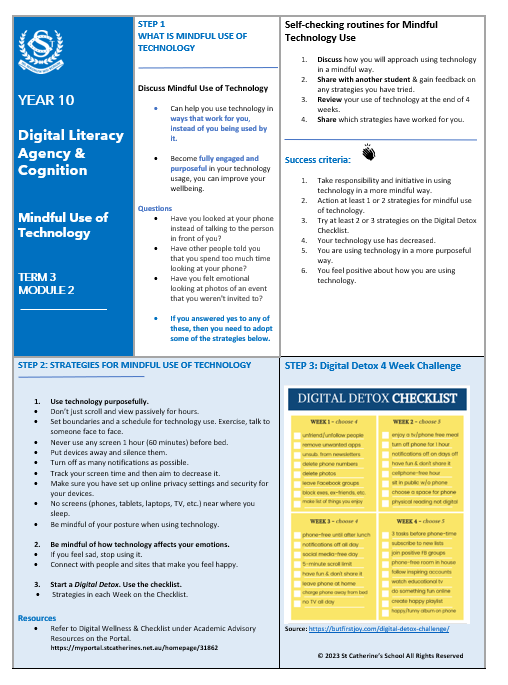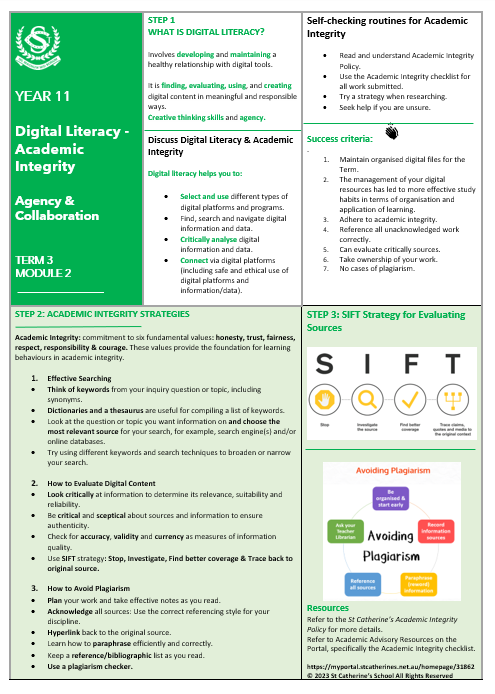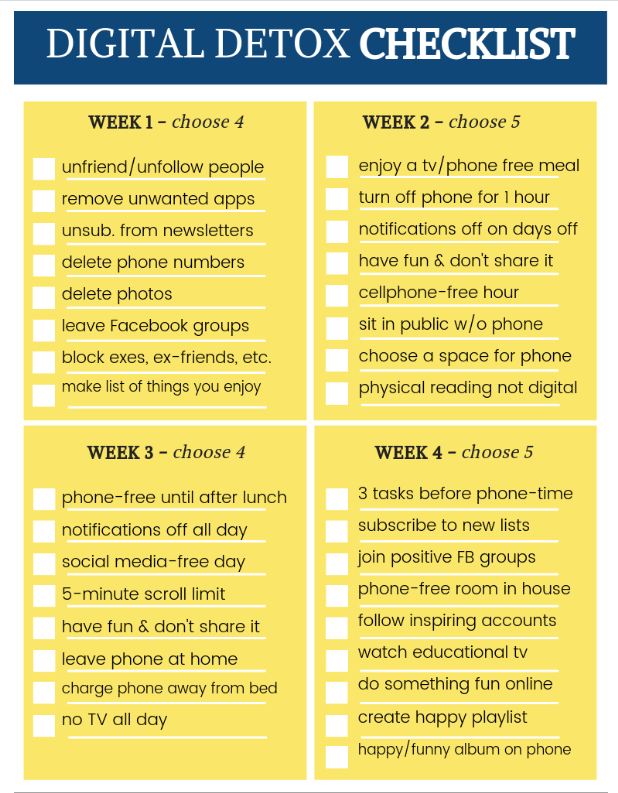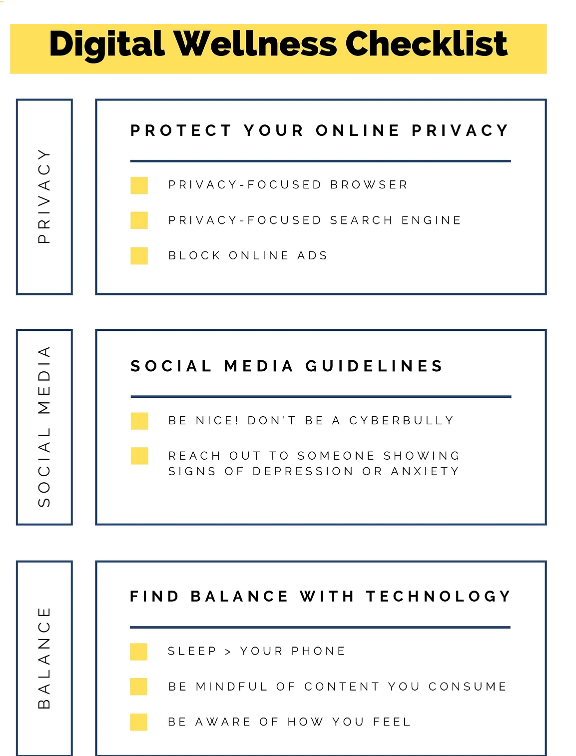Building Digital Literacy

The Mindful Use of Technology
Technological innovation has altered so many aspects of human existence. Technology has brought about significant changes that have transformed the way we connect, communicate and access information. Our society has become highly digitalised and with that brings great opportunities but also some challenges.
For students in their study, careers and work post-school, the development of digital literacy skills is crucial to allow them to live, work and thrive in a rapidly changing world. As educators, we need to prepare students with the skills and dispositions they require. Digital literacy is a key component of this education.
Recently, State Education Ministers met to discuss educational reforms and challenges. A national commitment was made to regulate mobile phone use in government schools, with several states already having bans or restrictions in place. The regulation of mobile phones in schools has been a topic of intense debate worldwide. The challenge for educational institutions in the 21st Century is navigating student wellbeing in relation to screens and digital technology.
Research Tells Us…
Students are bringing their voices to the debate as “82% acknowledge they struggle with spending too much time on technology, 74% want to get off social media but haven’t because they would miss out on knowing what is happening in the world around them, and 65% agree social media is having a negative impact on their mental health.” (Renton & McCrindle, 2021)
This Australian research is consistent with what we are seeing at St Catherine’s School from the 2023 Resilience Survey data.
Increasingly our Senior Years students are using their devices after midnight:
- 48% in Year 12
- 42% in Year 11
- 29% in Year 10
Students are reporting they are not getting enough sleep at night, and that they feel tired and low on energy. The data shows the increasing use of devices late at night is possibly impacting students’ sleep, energy, and concentration.
The importance of Digital Literacy skills
This data has led our School to discuss, develop and implement programs that focus on digital literacy allowing students to develop the skills required to use technology safely, effectively, and responsibly.
Educating students in the mindful use of technology develops positive habits around their use of devices. Our goal is to educate and empower students to use them responsibly and intentionally.
Mindful use of technology means knowing what you are doing with technology and why you are doing it. Students need to avoid mindless use of technology such as endless scrolling, messaging, and the distractions of notifications. They need to shift to a mindset where they remove their phone, take breaks, and become purposeful in their use within a set timeframe.
As technology continues to become increasingly ingrained in our daily life, the importance of learning digital literacy skills is becoming increasingly apparent. These skills create healthy habits around the use of devices such as educating students to become digital citizens who can engage in critical thinking skills, collaboration, communication, an awareness of the necessary standards of behaviour expected in online environments, and an understanding of the shared social issues created by digital technologies.
Digital Literacy at St Catherine’s School
For students, our goals are to:
- Encourage mindful use of technology through teaching positive skills and habits
- Allow student agency in responsible use of devices
- Implement a visible and intentional ‘digital detox’
- Support students in their self-management of device use
- Educate students on digital self-regulation
- Engage with technology in an empowered and positive way
Our Academic Advisory Program in Term 3 will focus on Digital Literacy through a number of Modules. Students will learn Mindful Use of Technology aligned to Agency and Cognition through learning strategies for intentional use of technology and participating in a ‘digital detox.’ Senior students will also learn about Academic Integrity when finding, evaluating, and creating using online sources.
Furthermore, to engage in healthy habits when using devices, it is our view that access to personal devices during school hours must be managed so students can be fully present and engaged in their learning and in their interactions with their teachers and peers.
-

Year 10 Digital Literacy Agency and Cognition
-

Year 11 Digital Literacy Academic Integrity
-

Digital Detox Checklist
-

Digital Wellness Checklist
Our approach aims to promote safe environments with reduced negative impacts of inappropriate use of devices at School. This is particularly important in classroom environments where students can learn, free from distractions caused by personal use of devices.
We know mobile phones influence attention, “not only when they are being used in school, but also when they are switched off and in students’ pockets.” Research shows the presence of a smartphone results in greater distractions and “lower attentional performance.” Studies show that under the “presence of the smartphone, individuals work slower.” (Skowronek, Seifert, & Lindberg, 2023)
Therefore, to support students in learning effective digital literacy skills we have introduced into every Senior School classroom a mobile phone holder. This will assist students in managing digital distractions and the presence of their phones and engage in more mindful use of technology.

Mobile phone holders in each Senior School classroom allow students to remove the distraction of their smartphones
Middle Years Approach
Years 7 & 8: Should not have their phones with them during the school day as they are kept in their lockers.
Year 9: All students place their phones into the mobile phone holder for all classes.
Senior Years Approach
Year 10: All students place their phones into the mobile phone holder for all classes.
Years 11 & 12: Student agency to place their phone in the holder working in partnership with their teacher.
There is no doubt the digital world offers tremendous opportunities for us all. It provides platforms to connect and collaborate, it opens opportunities to learn about new and important issues and empowers innovation in ways that were unimaginable just a few years ago.
However, this means that the everyday use of digital devices and the desire for greater digitalisation, necessitates that as educators and parents we must critically consider the impact on youth today. I encourage parents to start conversations on digital device use and distractions with their daughters and discuss more mindful use of technology at home.
I feel we can all benefit from a more intentional use of our devices and a ‘digital detox.’


